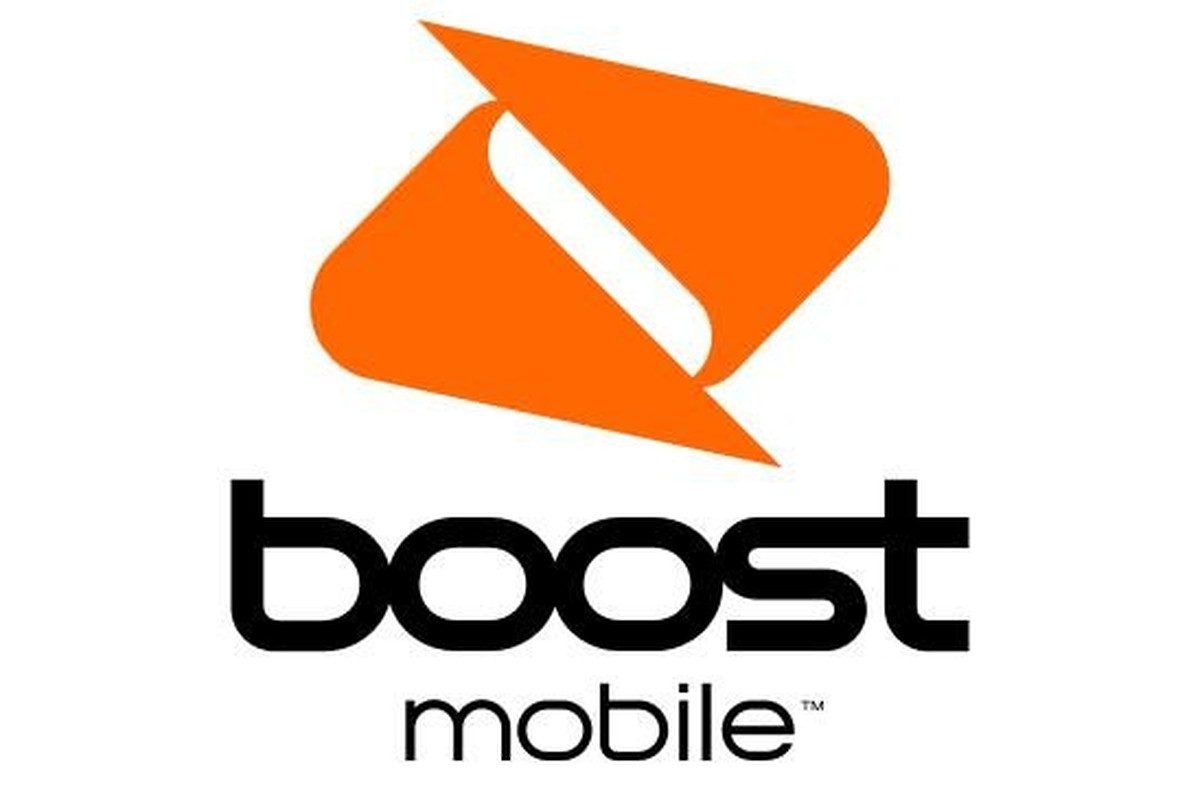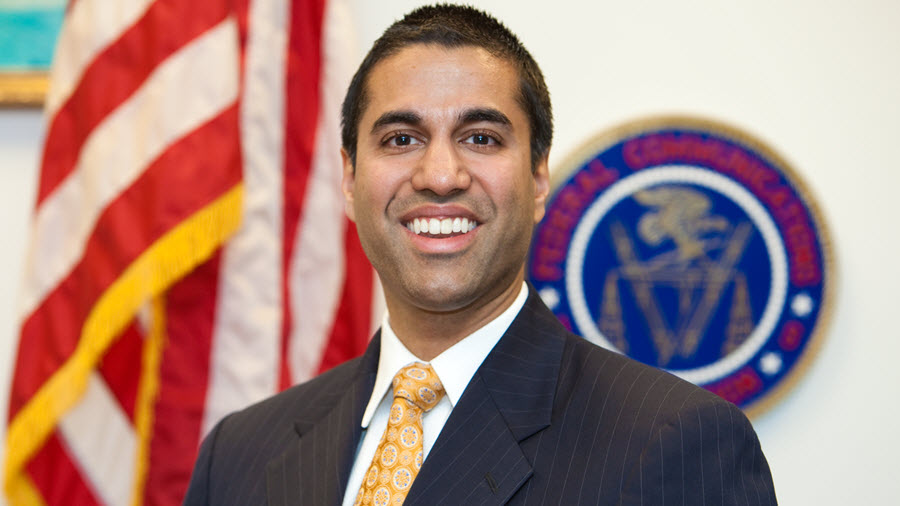Dishing Sprint-T-Mobile
The smarter way to stay on top of the multichannel video marketplace. Sign up below.
You are now subscribed
Your newsletter sign-up was successful
The ongoing T-Mobile U.S.-Sprint merger received yet another twist over the weekend with reports that Dish Network was among three companies vying for wireless assets that would be divested in order for the larger deal to pass regulatory muster. But many analysts, who agree that a purchase of Sprint’s Boost Mobile prepaid wireless service could solve some pressing regulatory issues for the satellite giant itself, are hoping that Dish takes a hard pass.
According to the Wall Street Journal, Dish is taking the lead among possible bidders for Boost--Charter Communications and Altice USA are the other possible suitors. The paper said that Dish chairman Charlie Ergen, who has in the past been a staunch opponent of a T-Mobile-Sprint hookup, met with Federal Communications Commission chairman Ajit Pai and U.S. Dept. of Justice antitrust chief Makam Delrahim last week to discuss the need for a fourth national wireless service provider. The union of T-Mobile and Sprint would reduce the number of national providers to three, long a roadblock to a potential deal.
FCC chairman Pai has come out in favor of the merger, and Delrahim, according to reports, could sign off on the deal if Sprint agreed to divest some assets to help create a fourth carrier. That’s where the sale of Boost would come in--the prepaid service could by some estimates satisfy the need for additional competition, especially if it had a partner that was from outside the wireless industry.
None of those companies would comment, but it appears that Dish would be the logical buyer in what some believe is an illogical deal.

But then again, we live in immensely illogical times. Dish Network stock rose nearly 4% Monday on the hope it would buy Boost. In a year where Dish has continued to watch its satellite TV business disappear--it lost 266,000 satellite subscribers in Q1--its OTT business stagnate--Sling TV gained just 7,000 customers in the same period--and the outlook for Q2 not much better, Dish stock has risen a staggering 57%. And all of that has been on deal speculation. Boost is just the latest target, earlier last month speculation was that Dish and DirecTV would finally merge, despite the fact that such a deal probably wouldn’t solve their problems either.
Related: AT&T Needs to Kill DirecTV to Save It
Dish already owns a large swath of spectrum it has accumulated over the years, and is facing a federal deadline to have service available to 70% of its licensed area by March 2020. While those deadlines could probably be extended if Dish at least shows it is making progress--last year it said it would spend $1 billion initially to build a wireless Internet of Things network--buying Boost could possibly satisfy that requirement in one swoop.
The smarter way to stay on top of the multichannel video marketplace. Sign up below.
But according to some analysts, that’s where the benefit of a deal ends for Dish.
In a blog post June 15, MoffettNathanson principal and senior analyst Craig Moffett wrote that a Boost deal would likely satisfy the FCC buildout issue. But it would also create more problems, the biggest of which would be driving “a stake through the heart of the only credible bull case for Dish Network shareholders, which is that Dish sells its spectrum. For obvious reasons, one couldn’t prop up Dish as the fourth competitor in the market without safeguards that would prevent Dish from then exiting by selling to one of the remaining three players shortly thereafter.”
BTIG telecom analyst Walt Piecyk wondered what benefit creating a viable fourth competitor would have for T-Mobile.

“If Delrahim’s goal is to ‘satisfy the concerns of his staff,’ which the press believes are to create a viable fourth competitor, we believe it will be challenging to extract enough concessions out of T-Mobile to actually attract someone meaningful,” Piecyk wrote in a blog post. “At some point T-Mobile’s owner, Deutsche Telekom, might simply prefer to continue to compete against a weakened Sprint than create something stronger that is centered around Dish or a cable operator.”
Piecyk also doubted whether Dish would be satisfied with some additional wireless licenses -- reports are that the satellite carrier would get some additional 2.5 GHz spectrum in addition to Boost.
“Network and spectrum assets could sweeten the opportunity for Dish, but more importantly, Dish would likely prefer clarity on several outstanding issues with the FCC,” Piecyk wrote. “Finally, we don’t believe Dish would agree to terms that restrict its ability to bring in Amazon or [Japanese e-commerce company] Rakuten as a strategic partner at a later date.”

Add to that the precariousness inherent in the prepaid wireless business. Moffett noted that Boost has relied on mega-retailer Walmart for a large chunk of sales, but that distribution channel is no more. And though Boost and Dish both cater to price-conscious customers, the former mainly competes in urban markets far from Dish’s increasingly rural base.
“We’re not sure why that deal is sensible for anyone involved,” Moffett wrote. “Dish, remember, already has more spectrum than they know what to do with; what they lack is money and ground facilities, and the deal described on Friday [June 14] wouldn’t deliver either one. Instead, it would make both problems worse.”
But all that doesn’t mean that Charlie Ergen won’t do a deal, and that investors won’t applaud him for it. The main driver of Dish stock for the past few years has been the wireless business, or more accurately, what Charlie will do with the wireless business. Early on, Dish rose because most investors thought he would sell his wireless licenses at an absurd profit. When that didn’t happen, the stock rose on whether he would partner or merge with a larger company that would help him build it out. Now it’s rising on the possibility that Ergen will acquire Boost at a bargain basement price, and use its prepaid wireless revenue to fuel whatever ultimate vision it has for the spectrum.
In an e-mail message, FBN Securities analyst Robert Routh, a long-time Ergen watcher, said of Dish getting into the prepaid wireless business: “Ergen is very smart and will do whatever he has to to ensure he can keep all the spectrum he has so if buying that and entering that business will do it, it would be viewed as a safe and smart move regardless of how Boost independently is perceived.”
And that may be how it all works out. Someone told me a long, long time ago that there is no money to be made by underestimating Charlie Ergen, and the Dish founder has proven that out time and time again. The story of Ergen’s past life as a professional gambler has been played to death but again, he has more often than not known when to hold ‘em, fold ‘em and when to double down. Maybe this is another one of those times.
Boost has some other problems though. According to Moffett, its churn rate is exceedingly high, and then there is the distribution question -- even if the government requires Sprint to continue selling the service through its Sprint retail stores as a condition of T-Mobile approval, there would be little incentive for an Sprint store employee to steer a customer towards the cheaper Boost service.
“That would leave Dish with a brand that has a churn rate as high as 5% per month to be spun off with an inadequate distribution front end, and with no realistic path to replace that front end before the subscriber base was, well, gone,” Moffett wrote.
The T-Mobile-Sprint deal could be announced as early as this week according to some reports, so the answers will likely be coming soon. In the meantime, Dish investors will wait anxiously for Charlie to show his cards.
